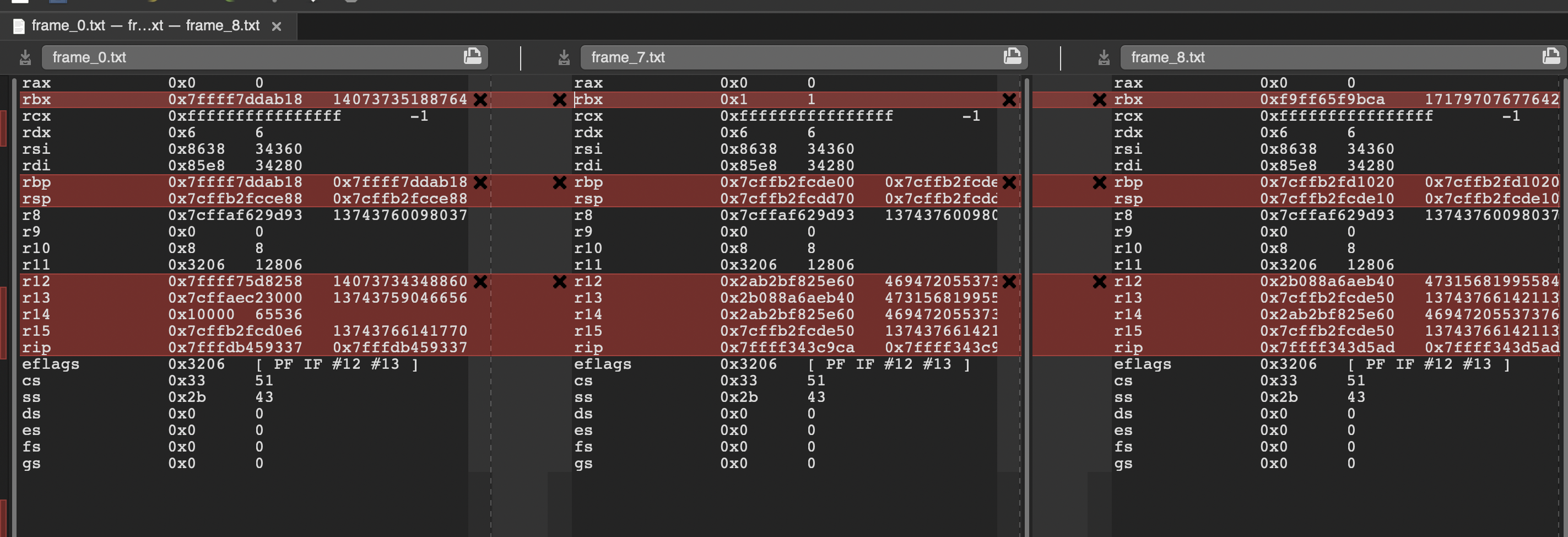I use NetworkManager to manage network on Arch Linux:
# systemctl --type=service
UNIT LOAD ACTIVE SUB DESCRIPTION >
dbus.service loaded active running D-Bus System Message Bus >
getty@tty1.service loaded active running Getty on tty1 >
kmod-static-nodes.service loaded active exited Create list of static device nodes for the>
NetworkManager.service loaded active running Network Manager
......
So I will leverage nmcli to configure static IP address:
(1) Check current connection:
# nmcli con show
NAME UUID TYPE DEVICE
Wired connection 1 f1014ad6-4291-3c29-9b0d-b552a0c5eb02 ethernet enp0s3
(2) Configure IP address, gateway and DNS:
# nmcli con modify f1014ad6-4291-3c29-9b0d-b552a0c5eb02 ipv4.addresses 192.168.1.124/24
# nmcli con modify f1014ad6-4291-3c29-9b0d-b552a0c5eb02 ipv4.gateway 192.168.1.1
# nmcli con modify f1014ad6-4291-3c29-9b0d-b552a0c5eb02 ipv4.dns "8.8.8.8"
# nmcli con modify f1014ad6-4291-3c29-9b0d-b552a0c5eb02 ipv4.method manual
(3) Active connection:
# nmcli con up f1014ad6-4291-3c29-9b0d-b552a0c5eb02
It is done! BTW, the connection file can be found:
# cat /etc/NetworkManager/system-connections/Wired\ connection\ 1.nmconnection
[connection]
id=Wired connection 1
uuid=f1014ad6-4291-3c29-9b0d-b552a0c5eb02
type=ethernet
autoconnect-priority=-999
interface-name=enp0s3
......
Reference:
How to Configure Network Connection Using ‘nmcli’ Tool.
